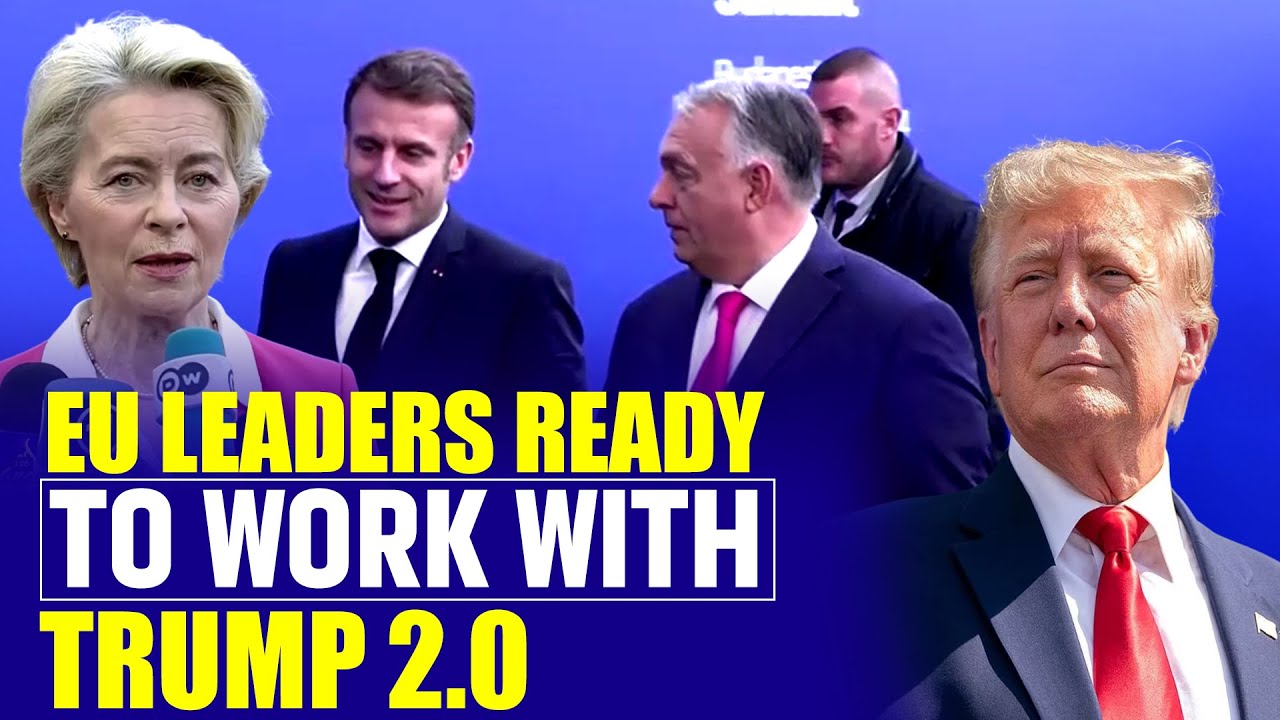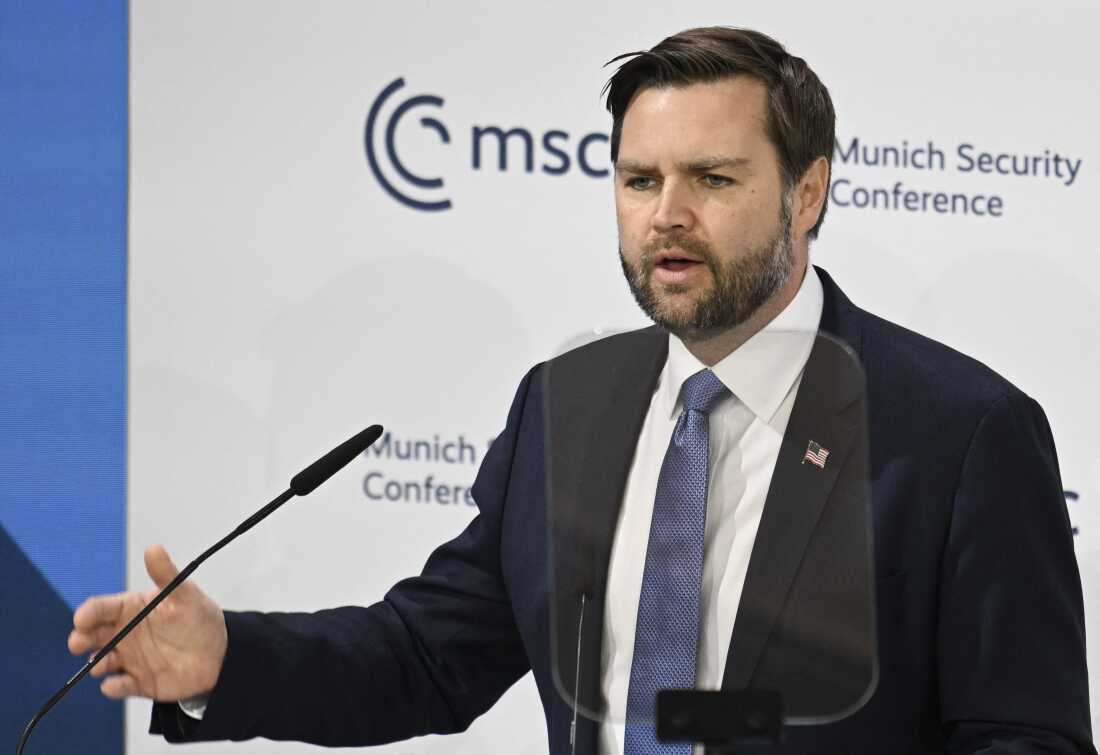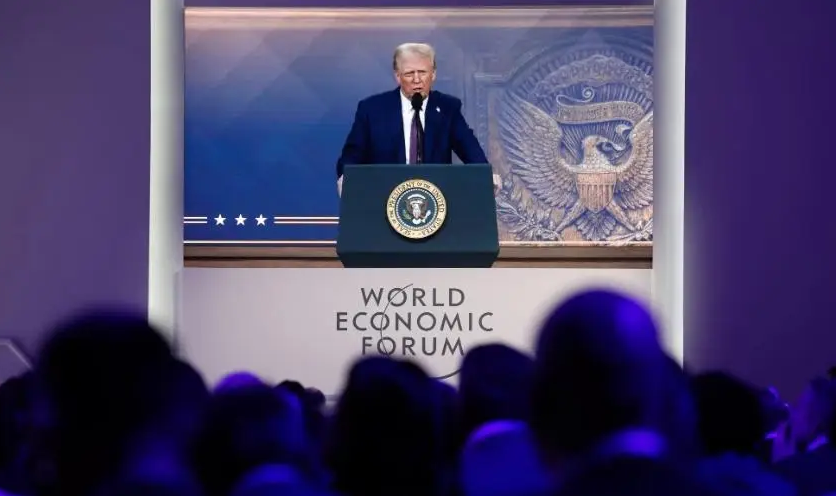
Zhang Yun, Professor, School of International Relations, Nanjing University
Feb 21, 2025
U.S. allies in the long run are expected to pursue greater strategic autonomy, which means defining their national interests outside of American influence. Their policies toward China are therefore likely to continue evolving in a pragmatic and nuanced direction.

Sun Chenghao, Fellow, Center for International Security and Strategy of Tsinghua University; Munich Young Leader 2025
Feb 20, 2025
European delegates to security conference, reacting to a disturbing speech by U.S. Vice President JD Vance, say privately that it’s clear the continent must gradually break with the United States. The reduction of America’s strategic investment in Europe is accelerating Europe’s search for autonomy in an increasingly multipolar world.

Sun Chenghao, Fellow, Center for International Security and Strategy of Tsinghua University; Munich Young Leader 2025
Jan 30, 2025
To slow China’s economic and tech development, the new American administration may employ a combination tariffs, export controls and restrictions on Chinese access to international markets. It is also likely to continue its crackdown on Chinese tech companies.

Sun Chenghao, Fellow, Center for International Security and Strategy of Tsinghua University; Munich Young Leader 2025
Jan 30, 2025
To slow China’s economic and tech development, the new American administration may employ a combination tariffs, export controls and restrictions on Chinese access to international markets. It is also likely to continue its crackdown on Chinese tech companies.

Sun Chenghao, Fellow, Center for International Security and Strategy of Tsinghua University; Munich Young Leader 2025
Jan 30, 2025
To slow China’s economic and tech development, the new American administration may employ a combination tariffs, export controls and restrictions on Chinese access to international markets. It is also likely to continue its crackdown on Chinese tech companies.
Chen Jimin, Guest Researcher, Center for Peace and Development Studies, China Association for International Friendly Contact
Dec 24, 2024
Despite his unpredictability, Donald Trump seems committed to the current strategic trajectory. But China has gained a deeper understanding and accumulated significant experience. It will likely approach America’s Indo-Pacific Strategy with greater confidence and composure in Trump’s second term.
Brian Wong, Assistant Professor in Philosophy and Fellow at Centre on Contemporary China and the World, HKU and Rhodes Scholar
Nov 29, 2024
The incoming Labour government in the UK is pursuing a pragmatic re-engagement with China, driven by economic challenges and a desire to stabilize trade and diplomatic relations, as seen in recent high-level dialogues. While a full reset to the "Golden Era" of ties is unlikely due to geopolitical constraints and domestic skepticism, opportunities for collaboration remain in areas like climate change and education, fostering mutual understanding and progress.
Zhou Xiaoming, Former Deputy Permanent Representative of China’s Mission to the UN Office in Geneva
Nov 29, 2024
Sacrificing others is no answer when seeking to save oneself. But the EU is doing just that: It is willing to sell out China to gain the favor of incoming U.S. President Donald Trump and maybe avoid Trump’s tariffs. It won’t work.

Sebastian Contin Trillo-Figueroa, Geopolitics Analyst in EU-Asia Relations and AsiaGlobal Fellow, The University of Hong Kong
Nov 08, 2024
Energy innovation seems to be one of the 21st Century's greatest frontiers, and well as one of the greatest challenges. In order to build sustainable technology and increase independence, why does Europe absolutely need China?
Back to Top

- China-US Focus builds trust and understanding between the U.S. and China through open dialogue among thought leaders.
- Our Offerings
- Topics
- Videos
- Podcasts
- Columnists
- Research Reports
- Focus Digest
- Stay Connected
-
Thanks for signing up!
- Get the latest stories from China-US Focus weekly.